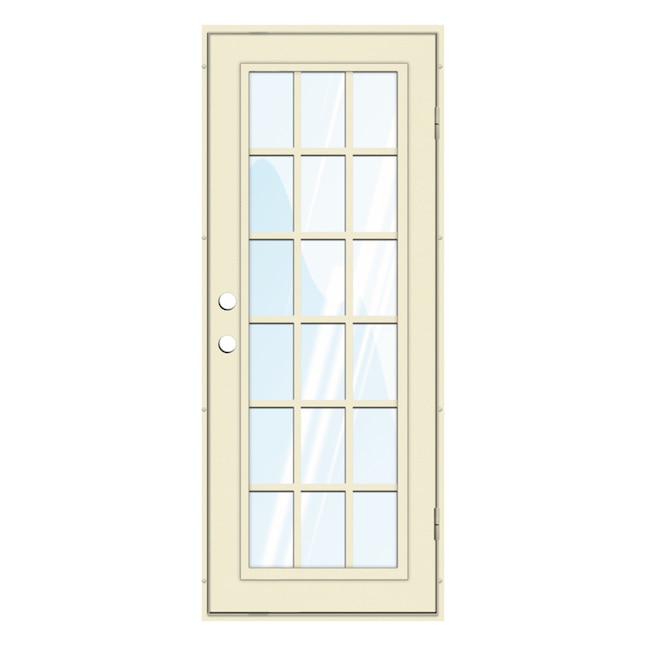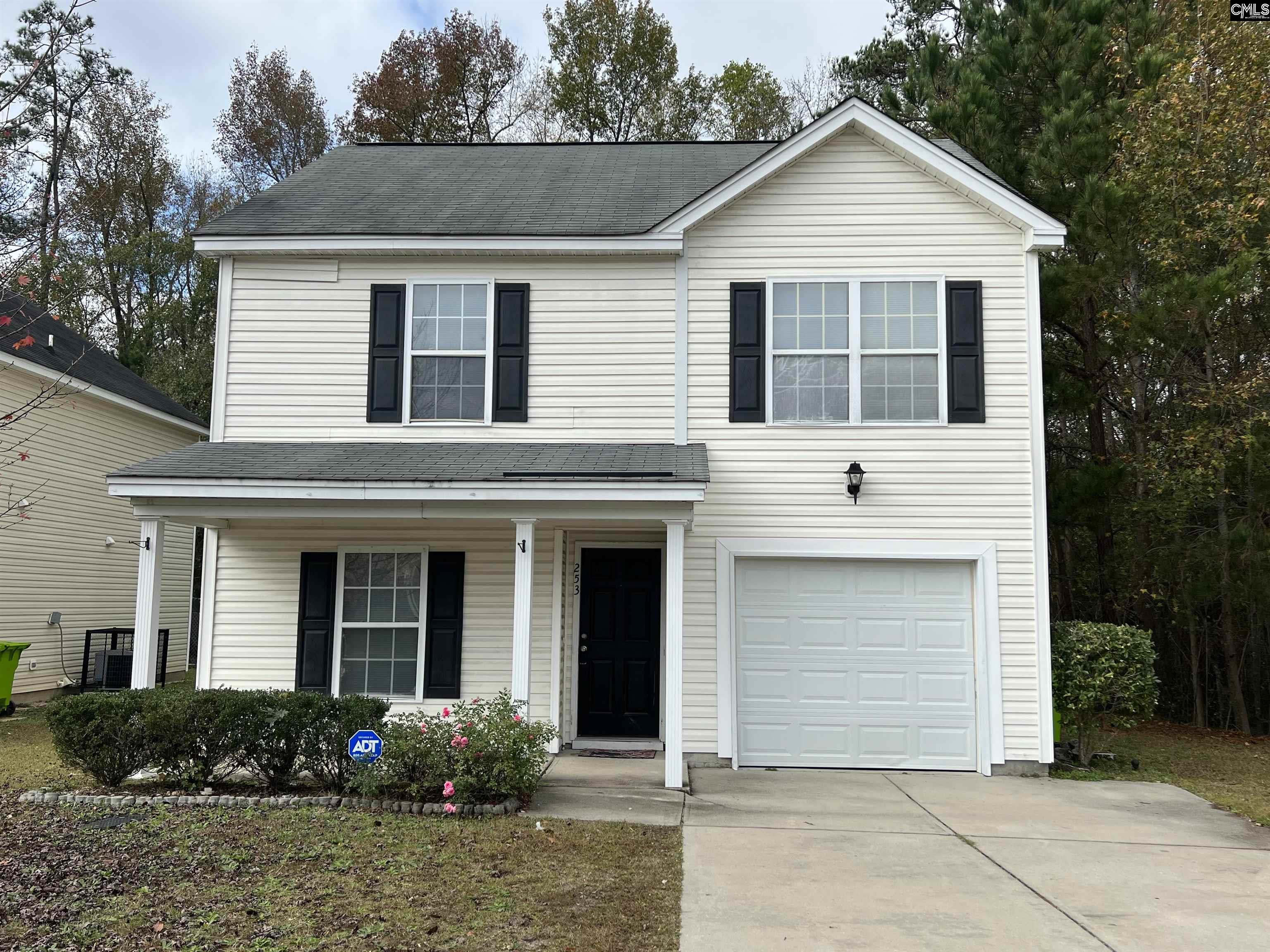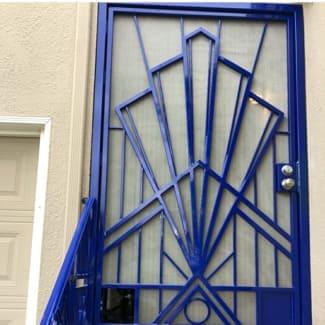
A security system can be a great investment, whether you are a vacation home owner who has been renting out your property for years or you just want to protect it while you are away. A security system not only ensures that your home is secure, but also helps your guests to feel more at ease while staying with you.
There are a variety of vacation home security options available. It's important to choose the one that best suits your needs, and is within your budget. When choosing the best vacation security, there are several factors to consider:
1. You should ensure that your home security system offers cellular connectivity as well as mobile access to allow for remote monitoring. (Check out this list with the top 10 most recommended companies offering cellular plans).
2. Choose a company that offers 24/7 professional monitoring so you can rest easy knowing your property is safe.
3. Install cameras throughout your home to record any suspicious behaviour and provide proof in case something goes wrong.
A vacation rental security camera is an inexpensive way to ensure that your home and belongings are well-protected. These systems are equipped with features ideal for vacation homeowners, such as instant motion notification, two-way voice and night vision, so that you can keep an eye on what's happening in your cabin.

4. There are many DIY smart locks and alarms that you can use if you do not want to spend money on a home security system.
5. Choose a company that offers 24/7 professional monitoring and video recording with 30-day storage so you can rest easy knowing your property is well-protected.
6. Pick a company which offers smart home integrations like a smart light and thermostat.
7. Select a provider that lets you customize your equipment. This may include choosing your door and motion sensors.
8. You should choose a service provider that offers a flexible length of contract. This will allow you to adjust the equipment and services as necessary.
9. Link Interactive combines professional monitoring with a high level of customization to offer homeowners a comprehensive, flexible home security package.
Link allows you to choose and buy each component of your alarm system, so that you get the exact level of protection that you need.

10. Vivint includes mobile access in every plan. They also offer high-tech equipment for home automation and security that's perfect for vacation houses.
11. Wyze Sense is a good choice for those who want a budget-friendly security system.
12. Ring's 1080p HD camera has two-way communication and provides a clear, crisp view of your home.
13. Lorex Indoor Wi-Fi Cameras and Outdoor Wi-Fi Cameras are great options for vacation homes because they're easy to set up, provide instant motion notifications, and deter intruders with LED floodlights, two-way talk, and loud warning sirens.
For cabins that are not close to neighbors, it is important that you protect your home. These cameras can easily be mounted to cover your cabin from any angle.
FAQ
What is the best home security program?
ADT Pulse (Ring Alarm), Vivint SmartHome Security, Protect America, and Vivint SmartHome Security are the most well-known home security systems.
Alarm monitoring: How much should I spend?
Alarm monitoring costs vary depending on how often you want it monitored, what kind of equipment you need, and whether you are looking at an all-inclusive package or just one monthly fee.
Can I set up a security camera myself?
Yes! If you have the necessary knowledge and skills, you can install a house alarm. If you don't want to do it yourself, then hire an expert who will be able to help you install it properly.
What does it cost to have a great home security system installed?
A good home security system can cost about $2,500. While this may seem high-priced, it's actually quite affordable when compared to the peace and security you'll enjoy by owning a safe and secure house.
What Home Security Systems cannot be hacked
The answer to this question depends on how you define hacking. Hacking refers to the unauthorized access of computer systems, networks, or data. Hacking is impossible for most home security systems because they do NOT contain software that can be remotely controlled. They also don't allow anyone to enter your house without permission.
However, some home security systems can be hacked if they are connected to the Internet. These types of systems usually require a password to operate, which means that someone can hack them if he knows the correct password.
Statistics
- That's probably why Cove has a whopping 98%* customer retention rate. (safewise.com)
- Cove sets you free without punishing penalties and fees, unlike other security solutions that charge 75% to 100% of your remaining contract. (safewise.com)
- Depending on your insurance, 24/7 professional monitoring may qualify you for as much as 15% off your premium. (safewise.com)
- (In my experience, the discount on my home insurance covered about 25 percent of the subscription of an average plan, but your mileage may vary depending on your location and the size of your home.) (theverge.com)
External Links
How To
How to Install Home Security Systems
A home alarm system is a device which monitors your home and alerts when there's an activity. It could be a motion sensor, doorbell camera, smoke detector, fire alarm, flood alert, carbon monoxide detector, burglar alarm, etc. A home security system usually consists of one or more sensors (e.g., motion detectors), which send signals when they detect movement or sound. These signals are sent to a control panel, where they can be monitored and recorded. If there's a problem such as someone breaking into your house or other suspicious activity, the control panel sends an alert via your phone, tablet computer, voice assistant, or computer. You will immediately be notified and can take appropriate action.
It is important to choose the right type and size of sensors to fit your home before installing a security system. There are two main types, passive and active. Passive sensors aren't powered by batteries. They just detect sounds and vibrations in their environment. These sensors include sirens, buzzers, and doorbells. Active sensors transmit data using electricity. Some examples of this kind of sensor are cameras and motion sensors.
There are many options for sensors. Each brand has their own pros and cons. For example, some sensors are weatherproof, while others aren't. Some sensors have built-in speakers, so they can be heard even when you're not outside. Others work only inside. Some are simple, while others offer advanced features such as night vision.
After choosing the best sensor type for your property you can choose a manufacturer. This will help ensure that your sensors work well together. The hardware store should offer many choices.
Once you've chosen a brand of sensors, you'll need to decide how many you want to buy. Depending upon whether they live alone or in a group, most people begin with one or two sensors. If you are planning to add sensors later on, you may consider purchasing additional sensors.
Next, you'll need to figure out where you want to place your sensors. Are they near windows or doors? Do you prefer to keep them away? Before you place them on your property, make sure that you have permission. It is important to ensure they do not interfere with electrical outlets.
You now know where to place your sensors. Now you need a way for them to be connected to your control panel. Depending on your setup you might need to buy a power adapter and/or battery pack. Once everything is in place, you can start to monitor your property.